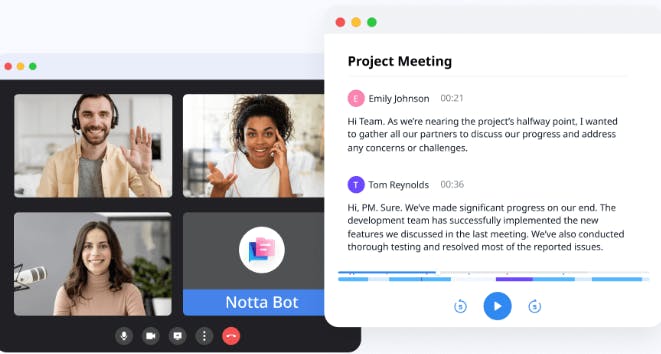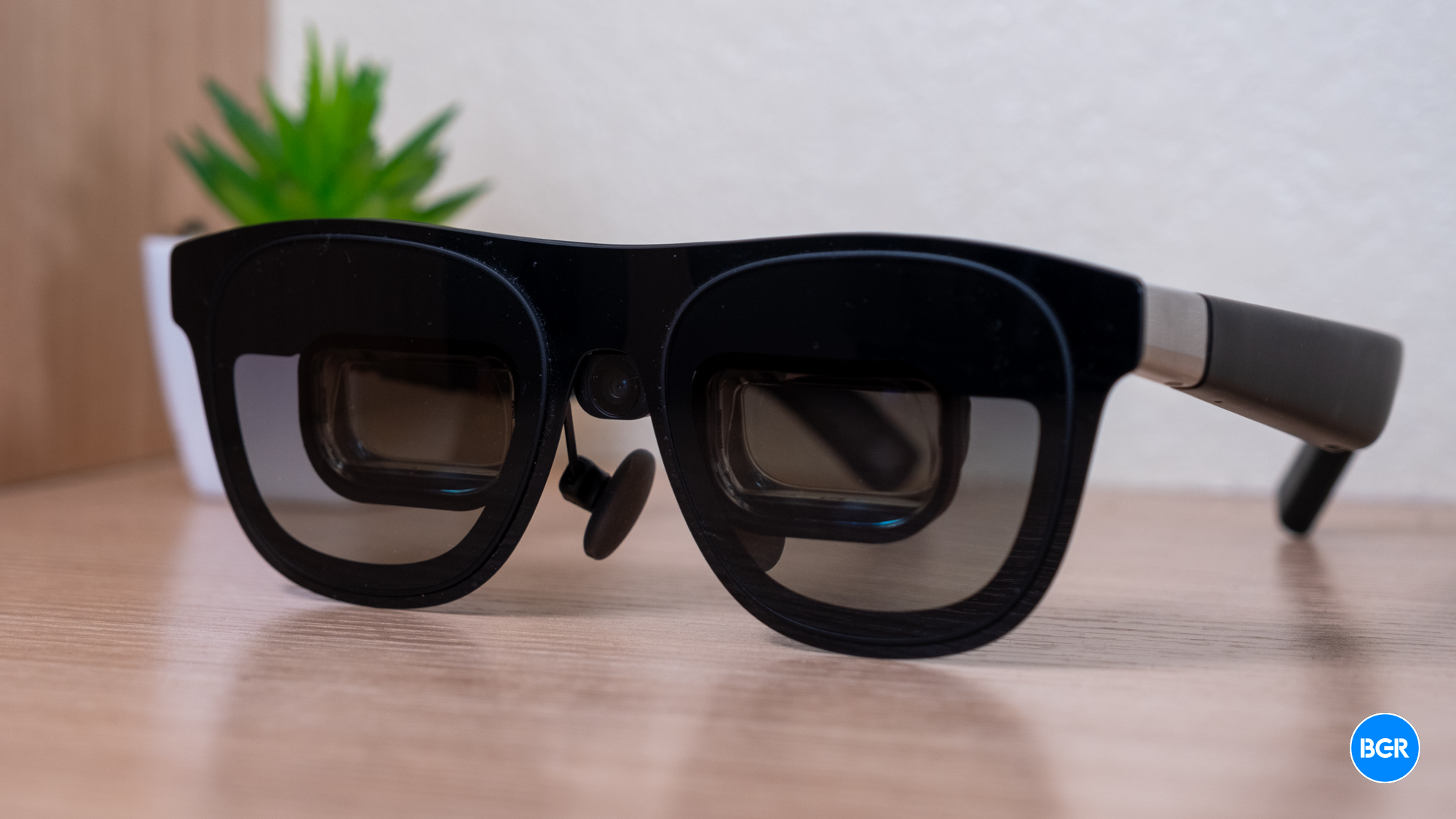Injectable drugs like Ozempic and Mounjaro have become household names in the fight against obesity and type 2 diabetes. But for all their popularity, needles aren’t everyone’s favorite. Now, a new contender is stepping into the spotlight. It’s called Orforglipron, and it’s a daily weight loss pill that could be a game-changer in how we manage both weight and blood sugar.
Developed by U.S. pharmaceutical giant Eli Lilly, Orforglipron is the first oral GLP-1 receptor agonist to successfully complete a phase III clinical trial. GLP-1 drugs mimic a hormone that helps control appetite and regulate blood sugar, and until now, nearly all of them have had to be injected. For patients uncomfortable with needles, this has been a major barrier. With Orforglipron, that could change.
In the recently completed 40-week trial, 559 adults with type 2 diabetes—spread across the U.S., China, India, Japan, and Mexico—were given different doses of Orforglipron or a placebo. Participants taking the pill saw their A1C levels, a key indicator of long-term blood sugar control, drop by 1.3 to 1.6 percent. By comparison, the placebo group saw only a 0.1 percent decline.
But it’s not just blood sugar that dropped. People on the highest dose lost an average of 7.9 percent of their body weight—a promising figure considering this trial wasn’t even focused on obesity. A dedicated weight-loss study is underway now, and Eli Lilly says results are expected later this year.
For additional context, Ozempic trials have shown around 14 percent weight loss, but those participants were also on other diabetes medications, while Orforglipron was tested solo. We’ve also seen some other benefits popping up from these types of drugs, including Ozempic reportedly helping people stop smoking.
What sets this pill apart from other diet pills is its accessibility. Unlike injectable drugs, Orforglipron doesn’t need refrigeration and could be easier and cheaper to produce at scale. That means a daily weight loss pill like this one could offer more people a realistic and affordable path to treatment.
Side effects, so far, mirror those seen in other GLP-1 drugs—things like nausea and indigestion—but no serious liver concerns have popped up, which doomed a similar pill by Pfizer earlier this year.
If all goes well, Eli Lilly plans to submit Orforglipron for approval as a weight-loss treatment by the end of 2024 and for type 2 diabetes in 2026. Should it get the green light, the world of weight management could soon be flipped on its head.








